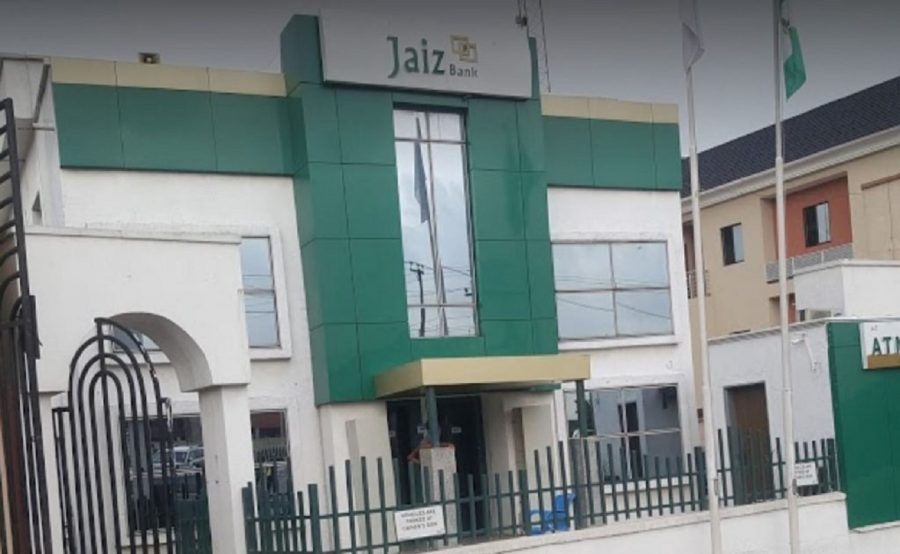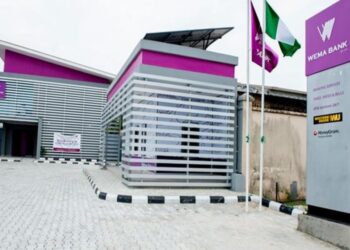The idea of taking out loans without interest rates as the future of banking might still sound as foreign as flying cars to many, but it is already in motion.
Currently, there are over 300 Islamic banks in over 51 countries, including the United States. In Nigeria, Jaiz bank stands at the forefront of this revolution. The bank was created out of the former Jaiz International Plc, which was set up in 2003/2004 as a Special Purpose Vehicle (SPV) to establish Nigeria’s first full-fledged Non-Interest Bank.
Jaiz and its unconventional Banking methods
With Islamic banking, there are two main peculiarities and none of them confer a bias on only members of the religion. The first is the sharing of profit and loss, and the other is the prohibition of the collection of interest as stipulated in Islamic law – otherwise regarded as “riba.”
Both concepts feed off each other in that to augment the lack of interest gains, equity participation is employed. In other words, the borrowing business will pay back the loan without interest and also give the bank a share of its profits.
Jaiz bank is the first non-interest (Islamic) bank operating in Nigeria. Being that Islamic banking is grounded in Sharia or Islamic principles and morals, the financial institution does not support businesses that could impact the society negatively.
So even as it finances business, and shares their risks and profits accordingly, it does not partner with businesses involved in betting, alcohol, and so on. Needless to say, their methods have served them well.
From being founded in 2003, to 2011 when it received a license from the CBN to operate as a regional bank, to its official commencement as Jaiz Bank Plc in 2012, the institution has expanded its services exponentially.
Today, the company is owned by over 26,000 shareholders who are spread over Nigeria’s six geopolitical zones and its balance sheet has grown from N12 billion in 2012 to about N62 billion, with asset financing of over N30 billion. The bank operates 27 branches and has a full service range of offerings.
READ MORE: CBN disburses N50 billion loans through MFBs’ IT platform
The force behind
Behind the bank’s recorded success is a strong shareholder base, spread across one foreign shareholder, 108 Institutional, 220 Corporate, 26,157 Individuals, 156 Joint, 6 States and 106 Local Government shareholders.
However, seven major shareholders control a total of about 65% of the total share capital of the bank. They include: Dantata Aminu Alhassan having 5.24%, Altani Investment Limited with 7.47%, Dangote Industries Ltd wit 8.48%, Islamic Development Bank (IDB) with 8.50%, Indimi Muhammad with 9.28%, Dantata Inv’t & Sec. Ltd with 12.49%, and, former minister, Mutallab Umaru Abdul with the highest stake of 13.50%.
Not only have these business magnates from the northern part of the country created something of an oligarchy, they also obtained the backing of Saudi Arabia’s Islamic Development Bank.
Whether or not the oligopoly poses a threat to the corporate governance and decision-making power of the rest of the bank’s shareholders is a question that can only be answered based on the happenings that arise.
The Managing Director of the bank, Hassan Usman, had however noted that “fundamental to the vision and mission of Jaiz Bank is to create wealth for MSMEs.” He also assured all that the bank is set to ensure maximum benefits is attained by all stakeholders.
READ MORE: Polaris Bank’s profit rises to N26.2 billion from N2.8 billion
Performance and Investment Outlook
The company has done well in building up funding to keep its operations afloat especially given its style of banking. Just last year, it had secured a N3 billion financing facility from the Bank of Industry (BOI) to boost and develop their operations and give zero-interest loans to Micro, Small and Medium Enterprises (MSMEs) within the country.
The company’s performance has also been noteworthy. In 2019, the company declared a profit after tax of N1.79 billion which was a 114% growth as compared to the N834.36 million recorded at the end of 2018.
The company is on a growth trajectory; currently, with its low share price of N0.66 on a 52 week average of 0.34 and 0.82, it is a convenient buy.
With a price-to-earnings ratio of 9.27, it shows good signs of growth. Its model might just be the thing to spur economic growth as its result-based gains will not just increase the income of the bank but also aid the growth of small businesses within the nation.






















Jaiz should stop claiming Non-interest because their interest charge call Share of profit is worse off normal commercial banks interest. Imagine approaching Jaiz bank for a mortgage and interest of 24% on compounding interest same as commercial bank system was being asked… Its useless and they should stop lying about Non-interest, calling interest another name is just to deceive the public.
I think one should ask the rate of sharing when it comes to the profit. Mind you that they will put the cost of funds into consideration because these funds were gotten at a cost. They have to bill it into the percentage they are going to put in sharing the profit of the business they sponsored. If you look at it, it all amount to a cost, you can call it interest on loan or profit sharing.
Even in Freetown, there is no free lunch.